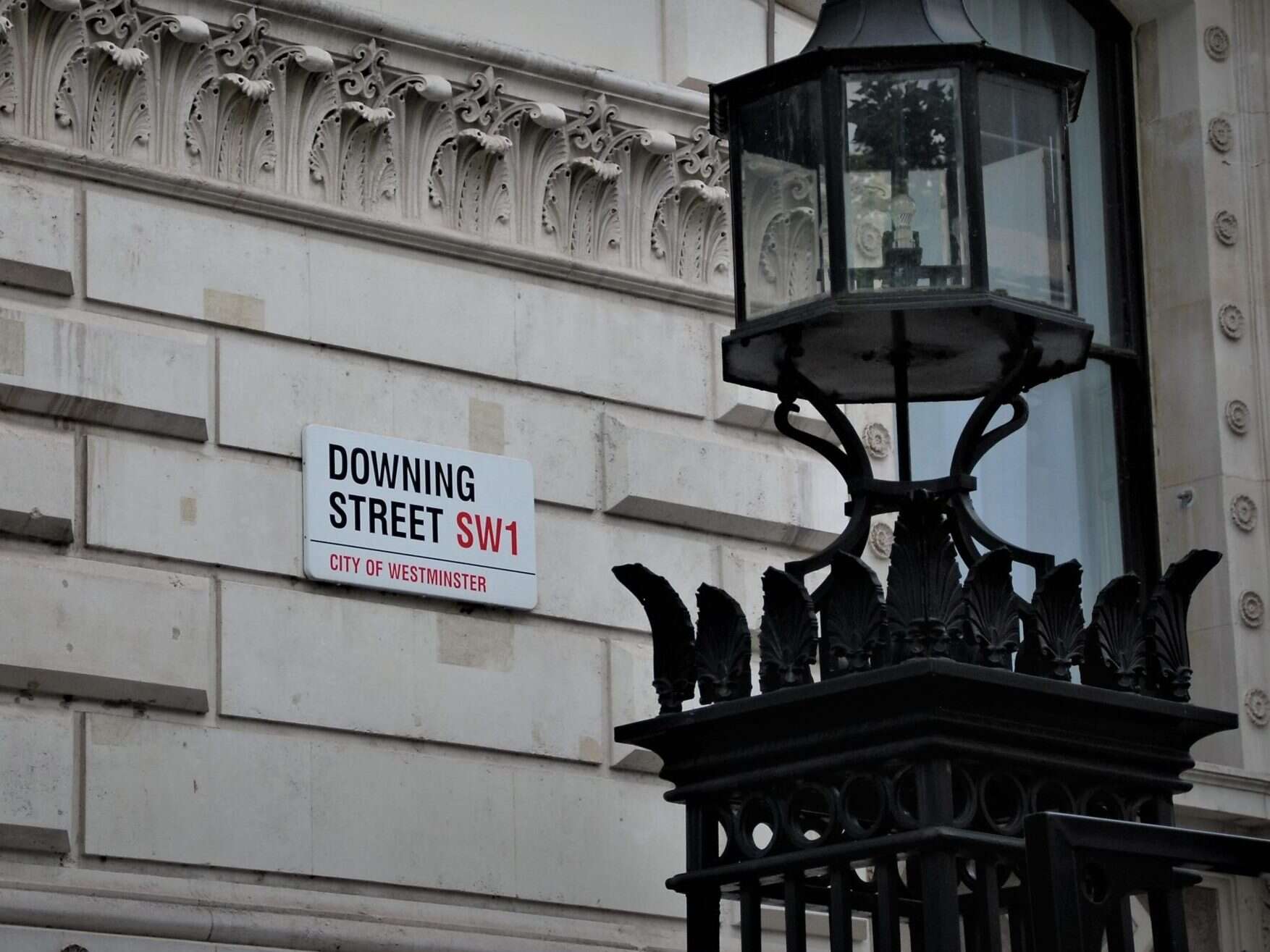
The National Union of Journalists has said changes to how the Government briefs the Lobby, the group of political journalists reporting from Westminster, are “ultimately a threat to the freedom of the press”.
The NUJ and the News Media Association, which represents local and national publishers in the UK, both joined calls for the Government to consult more fully on the changes which came into force today.
Boris Johnson’s administration has moved daily briefings with accredited reporters from the Lobby room at the House of Commons to Downing Street, a five-minute walk away.
Christopher Hope, Lobby chairman and the Telegraph’s chief political correspondent, raised fears in a message to journalists last week that this would make it harder for them to attend the twice-daily briefings, especially in the afternoon when Parliament is busy.
The move includes informal “huddles” – impromptu meetings that can be used to quickly clear up any confusion on the Government’s position – that previously took place in the Lower Reporter’s Gallery in Parliament.
Hope said the changes were made without consulting journalists and has asked for a compromise that would keep afternoon briefings in the House of Commons to aid reporters covering Parliament.
The first of the newly-relocated briefings took place in 9 Downing Street this morning, with Guido Fawkes reporting it had a “very different” atmosphere with journalists sitting “in neat, silent rows”.
Guido added that security delaying entry at the Downing Street gate was “minimal” and that journalists were allowed to keep hold of their mobile phones, contrary to fears shared last week as devices were not previously allowed in the Downing Street meeting room.
NUJ general secretary Michelle Stanistreet raised concerns today that the changes will make it harder for members of the local press and small media organisations in particular to attend the briefings without missing Parliamentary business.
She said: “Downing Street must consult with those reporters affected as this sends out a very worrying message to the press at the start of the new year and a new government.
“Proper discussions are needed so Westminster journalists can continue to do their jobs, holding government to account, without impediment.”
The News Media Association similarly urged Number 10 to consult with the Lobby, saying the changes could “weaken media access to Government”.
“We have a long history of working with the regional lobby on events such as ministerial lunches and on media facilities and access issues affecting national newspaper and agency photographers working in Westminster,” the NMA said.
“We urge Number 10 to consult with the lobby committee before implementing any changes to a system which is effective and well understood by all parties.
“Political journalists in Westminster perform a vital role scrutinising authority on behalf of the public. It is vital that any reforms to the lobby system enhance and improve media access rather than damaging press freedom.”
The Society of Editors, which represents senior editorial staff across the UK news media, has already called for further consultation.
In a statement on Friday, it said it is “certainly not against changes to the way in which journalists are given access to the heart of government”.
But it added: “Such changes should only come about following consultation with those working at the sharp end of our lobby system.”
Picture: Jordhan Madec/Unsplash
Email pged@pressgazette.co.uk to point out mistakes, provide story tips or send in a letter for publication on our "Letters Page" blog
